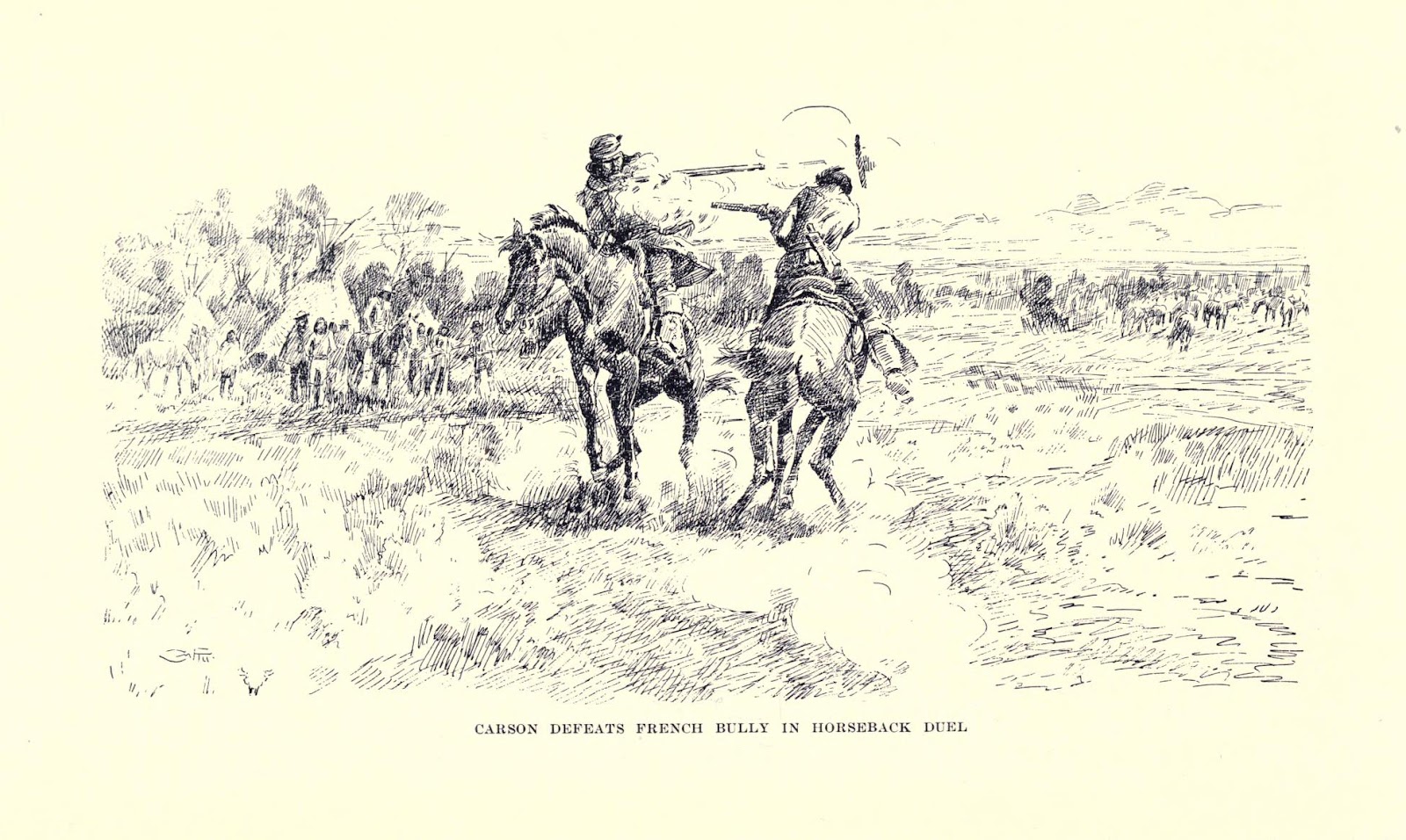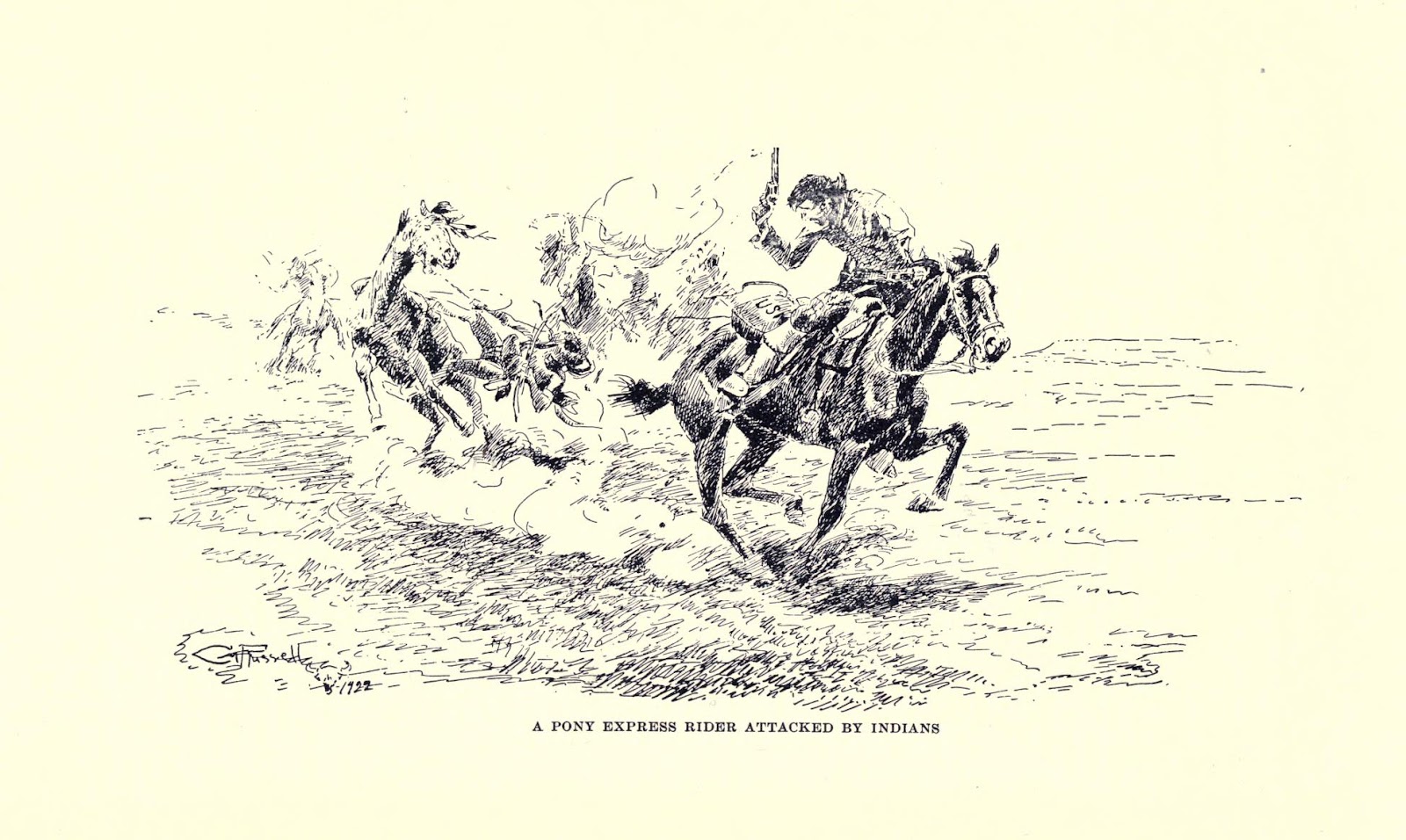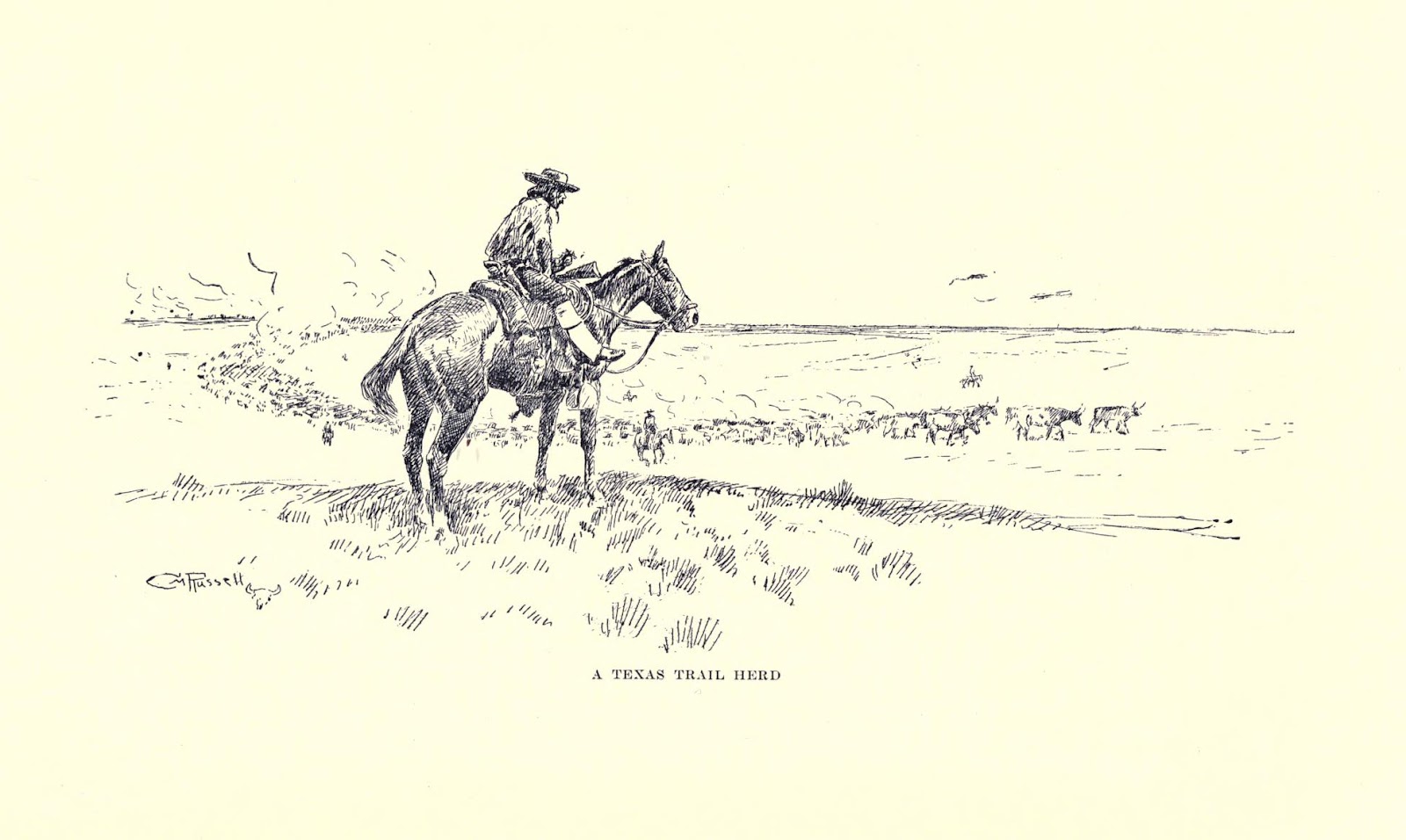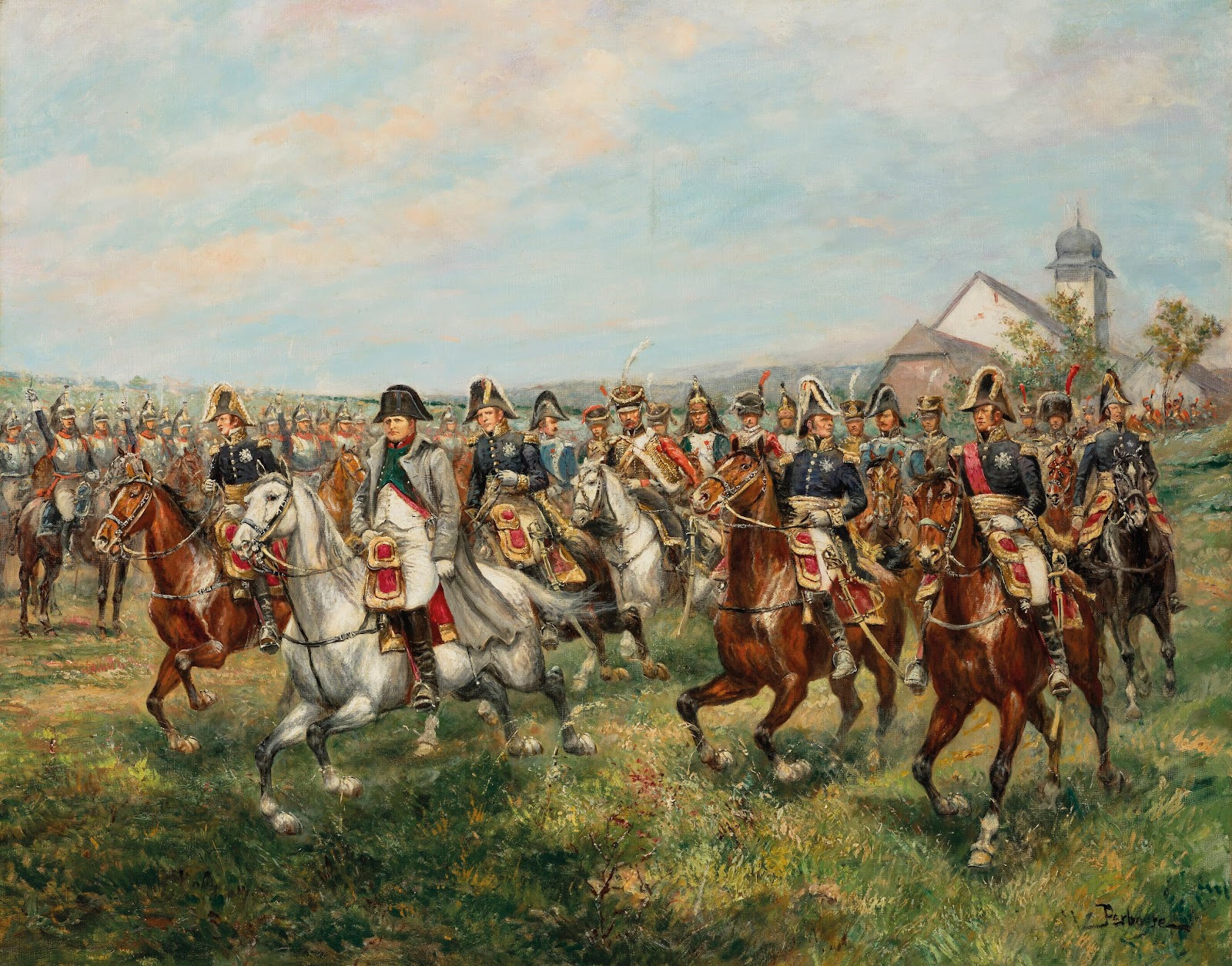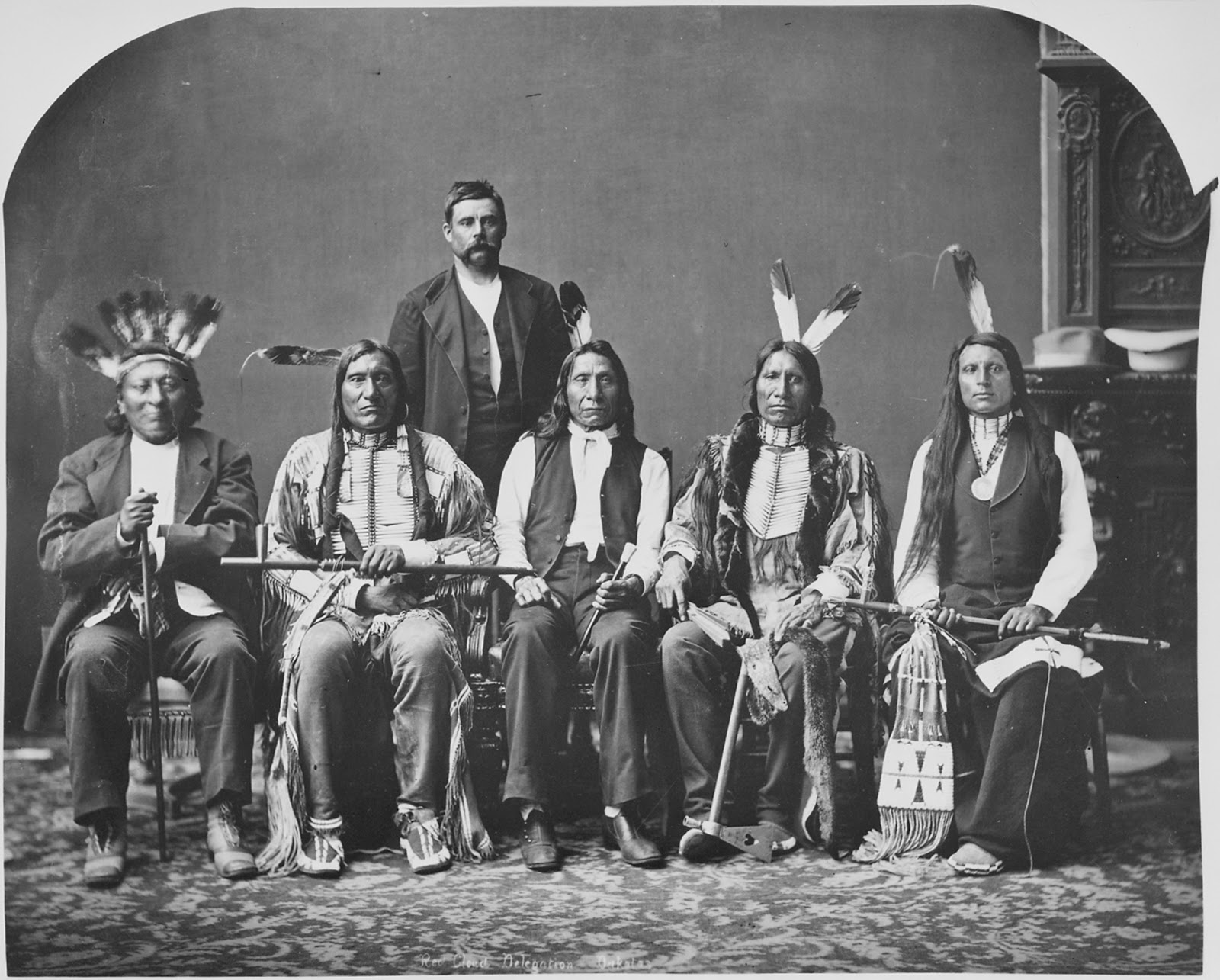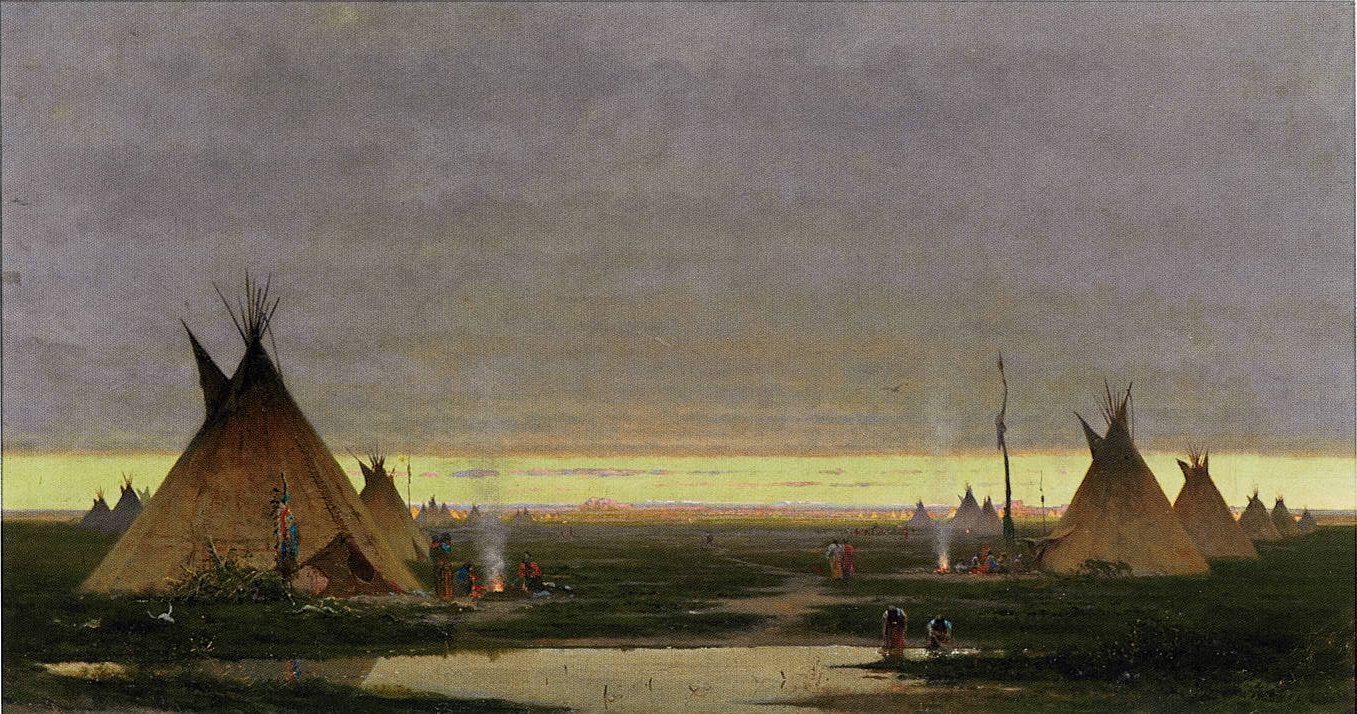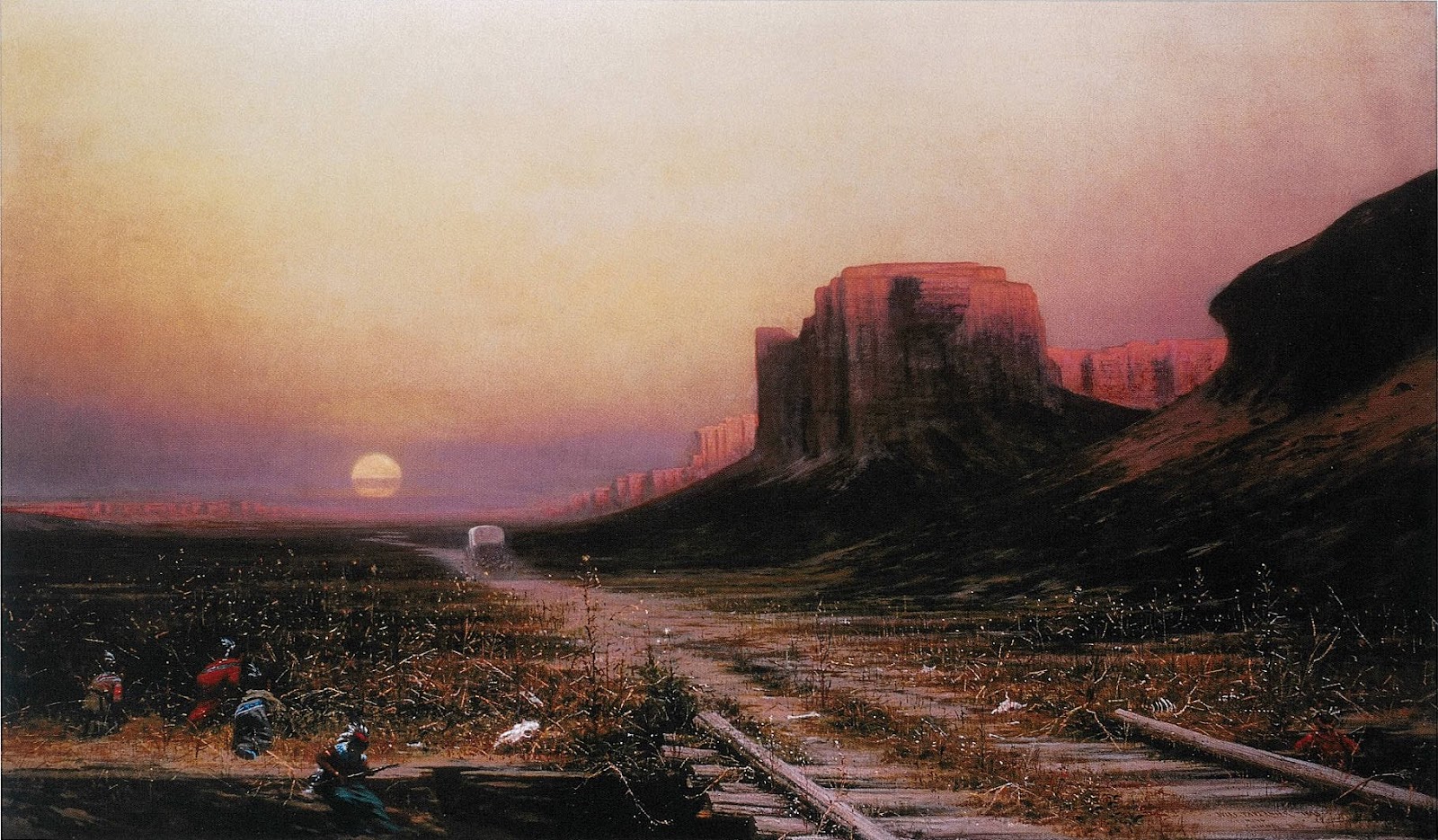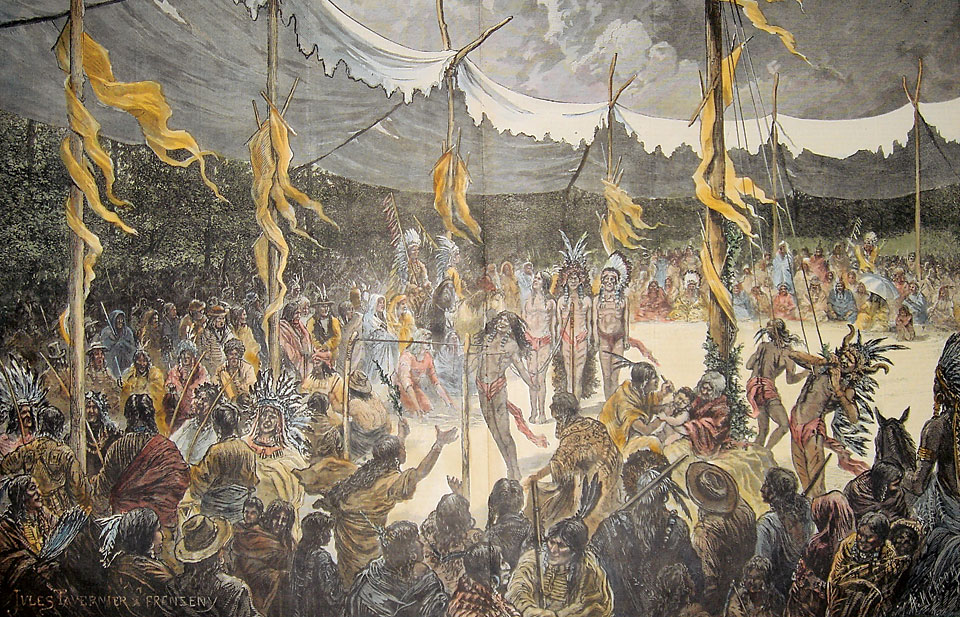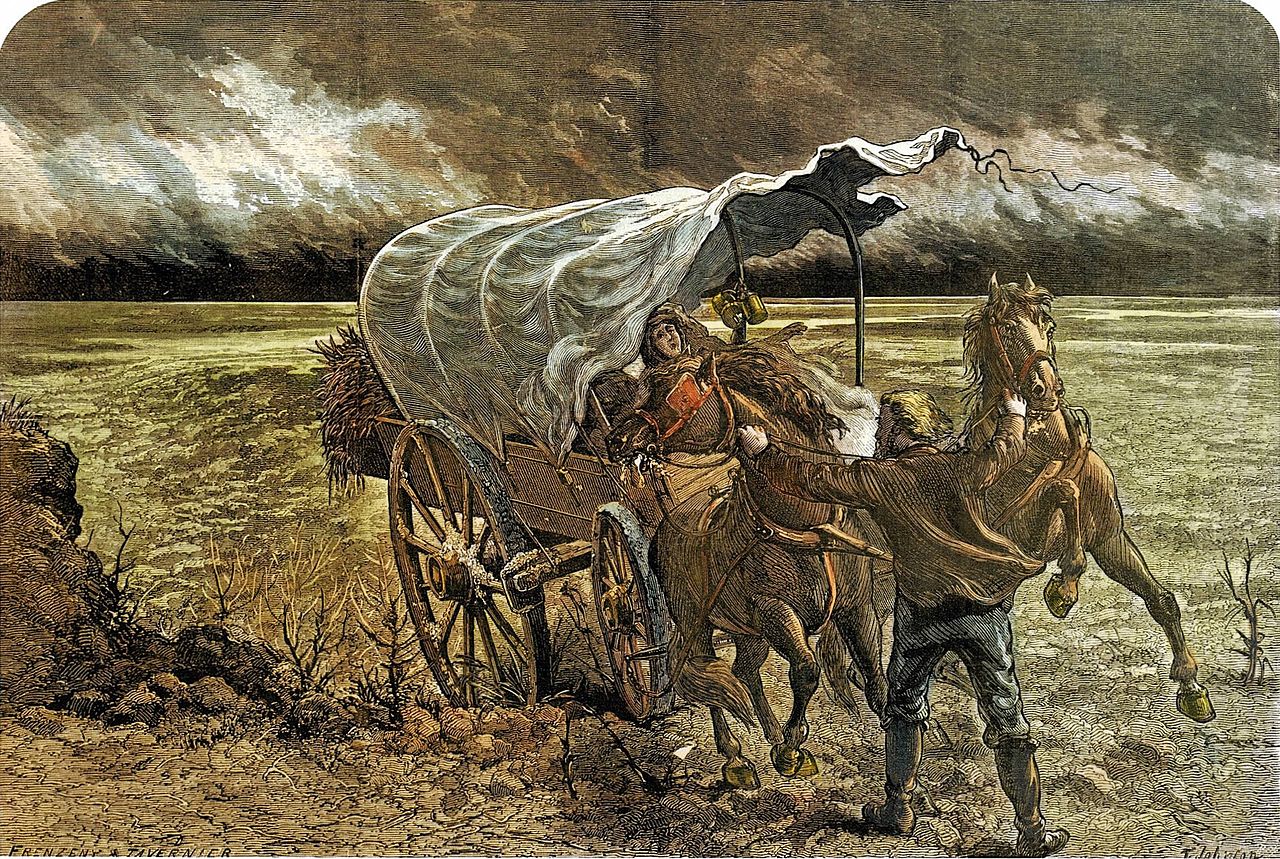Salvete Omnes,
number 13 is considered unlucky so I am going to post another little thing this days -
and staying within the Napoleonic spirit why not to share this portrait by master portraitist of the era Robert Levebre.
he enlisted in the Bercheny hussars in 1781, became officer in 1792, fought in the wars of the First and Second Coalition, and subsequently in the war of Third Coalition, Ulm campaign, and battle of Hohenlindenm,
Under the emperor he commanded 2nd dragoon division at the battle of Austerlitz and was wounded there, made commander of the Guards' grenadiers a Cheval(mounted grenadiers of the Imperial Guard) in 1806, in the subsequent campaign of 1806-7 was in the forefront of the action, his command and he were among those 10,000 horsemen that charged under Murat at Eylau.
and so on, commanded and fought as cavalryman at many engagements, below as a colonel of the Guard grenadiers a Cheval regiment at Essling 1809 - painted by Victor Huen. Commanded the guard cavalry at Wagram. Commanded the Guard's light cavalry during the tragic and epic 1812 campaign, During the 1813 campaigning general Walther was the commander of the Guard cavalry seeing action at all the major battles: Lutzen, Dresden, 2nd Kulm, and Leipzig. His last battle was to be Hanau in October 1813. Thus Frederic-Louis Walther served in the cavalry more than 32 years as cavalryman. How many horses he could have had and ridden to their untimely end, God only knows, how many he loved and how many he cherished and treasured, we'll never know, unless we obtain a Time machine.
and the bridle detail in this Robert Levebre's painting - horse appears to be of the high caste, noble breeding, Arabian perhaps?
valete









